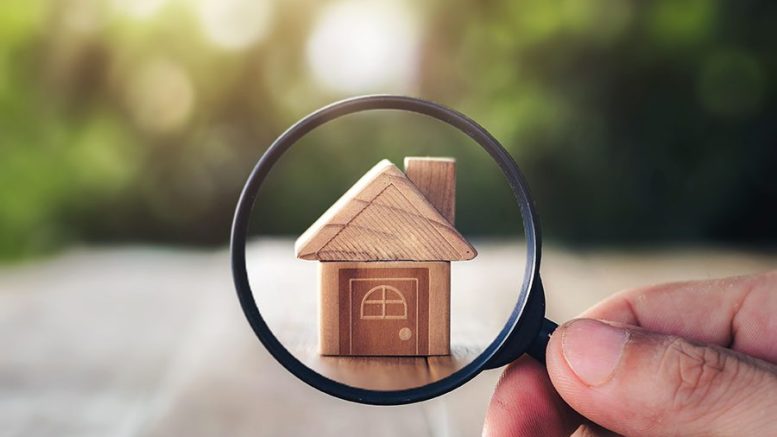Strategies for Managing Tenant Complaints
Managing real estate can be a profitable or even lucrative endeavor. You get to collect rental income, use that to pay for most of your expenses, and pocket the difference, and all the while, you’ll likely benefit from appreciation of your property value.
However, that doesn’t mean that managing real estate is easy. As a landlord, you’ll have a host of responsibilities, from keeping up with the property to keeping your tenants happy. And as you’ll inevitably find out, keeping tenants happy isn’t always as straightforward as it seems.
How are you supposed to handle and resolve tenant complaints in an efficient way?
Understand That Complaints Are Inevitable
No matter what, your tenants are going to complain. Certain things are going to go wrong in your property, from broken appliances to major foundational issues. And there will be certain things that bother your tenants, including noise from their neighbors and pest infestations.
These complaints range from mild to severe and from reasonable to unreasonable. But in all of these cases, how you handle tenant complaints matters. Being able to address tenant complaints reasonably, quickly, and with compassion makes tenants feel appreciated and much more likely to stay in your property. Addressing material tenant complaints allows you to keep your property in better condition. Additionally, managing tenant complaints appropriately helps you avoid inappropriate or unnecessary complaints in the future.
So what strategies are going to help you manage and resolve these complaints?
Have a Clean System in Place
First, you need to have a clean system to manage complaints in place. Your tenants should know exactly where to go and what to do if they have something to complain about. In the modern era, this is usually handled with a website or application. Tenants should be able to write and submit a complaint quickly and easily, and they should be able to distinguish between genuine emergencies and lesser complaints that aren’t as urgent.
It’s also a good idea to give your tenants multiple potential ways to contact you. Submitting complaints via an online portal is the best choice for most complaints, but they should have a direct line to call in case of an emergency.
Take Complaints Seriously
Even when it comes to frivolous, silly complaints, it’s important to take tenant complaints seriously. Doing so helps build mutual trust and respect, and makes tenants more likely to reciprocate in the form of listening to you seriously. Don’t see tenant complaints as an unnecessary annoyance; learn to see them as an opportunity to improve both your property and your relationship with the tenants who live there.
Offer an Immediate (or Nearly Immediate) Response
After receiving a tenant complaint, respond as quickly as possible. Even if you aren’t able to resolve the complaint immediately, you should at least verify receipt and let your tenants know you’re working on it. It’s an important gesture that can put tenant concerns to rest, at least temporarily.
Actively Listen and Express Empathy
Active listening is one of the best tools in your communication arsenal. Even if you don’t have an immediate way to resolve your tenant’s concerns, you can patiently and attentively listen to them; this alone can help them feel better. Express compassion and empathy, even in situations where you’re unsure of the complaint’s legitimacy.
Do What You Can, When You Can
Take action to resolve the tenant complaint as quickly and decisively as you can. That might mean taking care of a repair, calling an exterminator, or even just having a talk with the neighbors. You don’t have to be perfect, but you do need to demonstrate that you’re on top of things.
Follow Up
After you’ve attempted to resolve the issue, follow up with your tenant. It shows that you genuinely care about their satisfaction and want to do a good job. It’s also an opportunity to make sure the complaint is truly resolved.
Have a Talk With Chronic Complainers
Some of your tenants may be chronic complainers, raising issues that aren’t significant. If this is the case, consider having a separate talk with them. Clearly explain to them what warrants a complaint and what doesn’t, and provide guidelines for better communication in the future.
Prevent Issues to Mitigate Future Complaints
Routine property maintenance, regular cleanings, and occasional check-ins can prevent a host of property issues. This can benefit you in many ways, preventing complaints before they arise, improving tenant morale, and even preserving the value of your property.
Every landlord has a bevy of tenant complaints to deal with; it’s all part of the job. But learning to handle these complaints with proper management systems, good communication, and immediate action can make the process much easier, while simultaneously improving tenants’ trust and morale.





